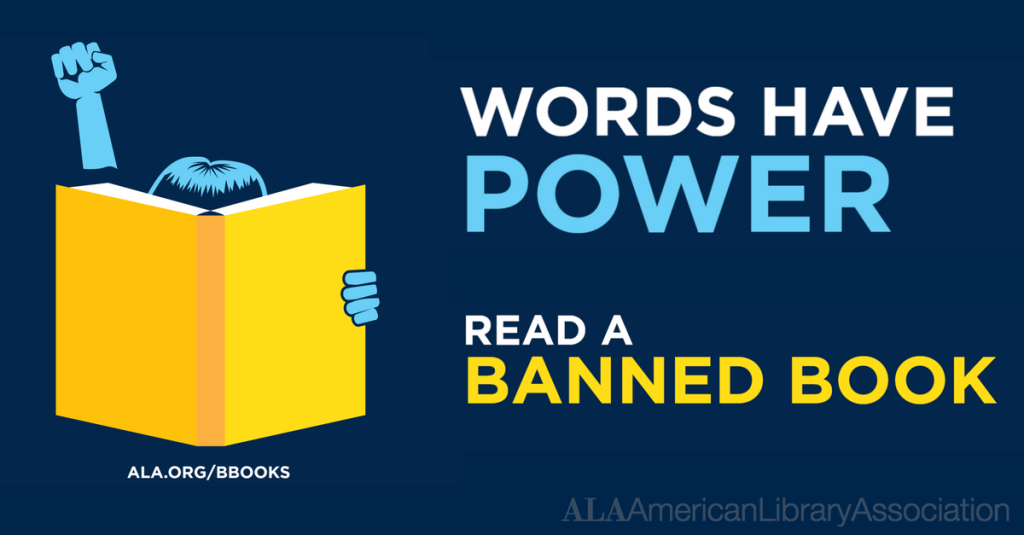
With school book banning policies and legislation that effectively promotes classroom censorship coming into place across the United States, few days go by where these stories don’t seem to permeate our newsfeeds.
In response to the recent trend of book banning and other forms of censorship in schools, the Intercultural Development Research Association (IDRA) has been monitoring the effect of classroom censorship on teachers and their students. The IDRA presented preliminary findings of its research in testimony submitted to the Texas House Public Education Committee regarding House Bill 3979 and Senate Bill 3, controversial bills which prevent teachers from presenting subjective viewpoints on particularly controversial topics.
“This legislation has created hostile work environments for educators and district leaders,” reads the IDRA’s testimony on the negative impacts of bills like HB 3979 and SB 3. “In IDRA educator focus groups, teachers reported experiencing “pervasive fear,” “judgment and distrust” and a “chilling effect” on how they teach and engage with students, parents and administrators.”
Opponents of HB 3979 and SB 3 claim that they censor teachers, requiring them to avoid talking about important topics like race and sexuality in the classroom. According to the IDRA testimony, 58% of teachers report negative impacts on their classroom discussions and curricula. Additionally, more than two-thirds of the teachers surveyed said their students no longer feel like they can talk freely about these topics, even if they may be affected by them daily. Among other findings, the IDRA also found that these policies ultimately lower the quality of curriculum overall.
These kinds of policies aren’t just impacting students and teachers in Texas either. According to the IDRA, 17 states have implemented similar classroom censorship policies, while a majority of states have proposed similar policies, many of which have been vetoed or overturned.
That’s not to mention the book banning policies that seem to be popping up in school districts all across the country, oftentimes limiting students’ access to literature on topics regarding marginalized identities. According to a PEN America report indexing book bans throughout the US, nearly 1,600 books were banned in school libraries or classrooms throughout the country from July 1, 2021 to March 1, 2022.
In response to a recent round of book bans and removals in Texas, the IDRA, the American Civil Liberties Union and several other advocacy groups sent a letter to the Keller Independent School District in August condemning the bans.
“Keller ISD’s removal of these 41 books harms students in the district. It does so both by
directly suppressing speech and access to ideas and by sending the message to LGBTQ+, Black, brown, and Jewish students that Keller ISD rejects their history and belonging in the community,” the letter reads. “Students perform better, both academically and socially, with access to texts that reflect their identities and experiences in the world.”
Andrew Warner





